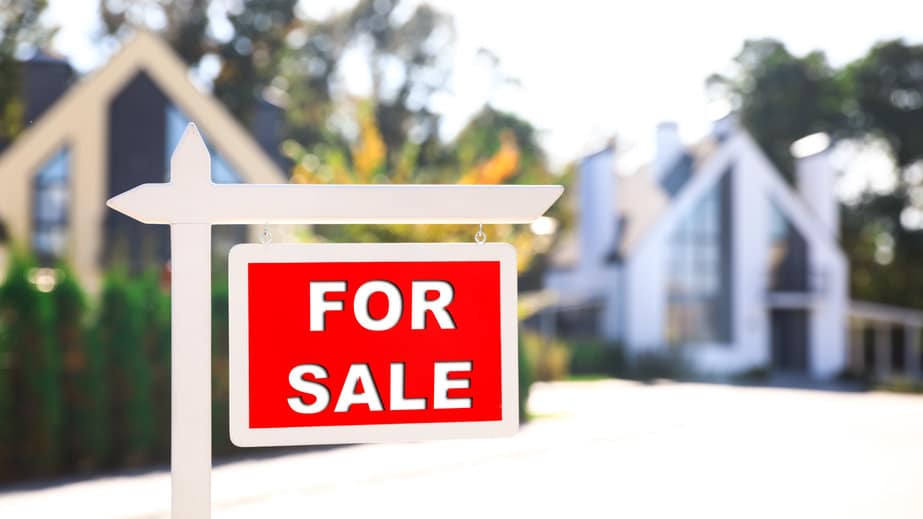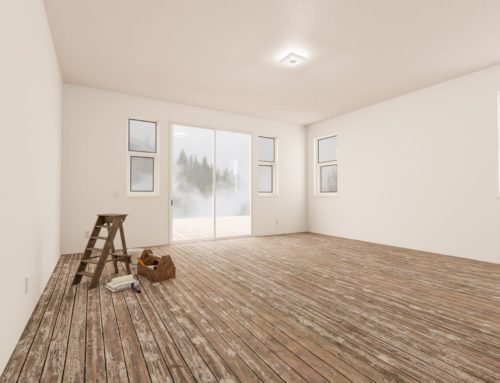Homes are selling faster in 2021 than in any other time in recent history, potentially making it an excellent market to sell. But with record-low inventory, it’s an extremely competitive market to turn around and buy your next home.The decision to sell a home is a personal one — and for many people an emotional one. To help you weigh the pros and cons of your situation, consider the following market trends to help you think in broader terms when deciding whether to sell your house.
2021 is a seller’s market
Nationally, there is no question that it’s a seller’s market. There are simply more people who want to buy homes than there are homes for sale. On top of that, the massive millennial generation is reaching peak home buying years at a time when home building has lagged far behind what is needed to keep pace with the formation of new households.
The result is a housing market on steroids: Homes are flying off the market within days of being listed, often selling for more than the asking price to buyers willing and able to pay cash.
But a slight uptick in new listings could represent a possible inflection point for people who have hesitated selling because they’re concerned about buying their next home once theirs is sold. Here are some factors that make 2021 a sellers’ market:
Homes are selling quickly
The combination of tight supply and high demand has shortened the amount of time homes spend on the market before they go under contract. For instance, in May, the typical time for a newly listed home to go under contract dropped to just six days nationwide, a day shorter than the previous month.
Homes are selling for more than the asking price
You don’t have to venture far into the internet to hear buyers lament about homes that ended up selling tens of thousands above listing price. Those anecdotes, however, can offer a distorted picture.
In Spring 2021, about a third of homes sold for more than they were listed for, likely because of bidding wars and intense buyer interest. That also means that some two-thirds of homes on the market sell at or for less than their asking price. If you’re selling, you should understand that selling for top dollar is not a given, even in this market, and that working with a good agent can help you get the best return.
Mortgage rates are historically low
Mortgage interest rates have been at historic lows for about a year. Interest rates on 30-year, fixed-rate mortgages have hovered around 3% — and have even dipped below that at times. In fact, the decline in mortgage rates from July 2018 to July 2020 was substantial enough that it more than offset the rise in home values during that period.
Rates were much closer to 5% as recently as late-2018, and consistently hovered between 7% and 8% for much of the 1990s.
The low rates have pulled buyers into the market mainly because the low interest rates boost buying power and make homes more affordable. For instance, a buyer would pay 6.5% more every month in interest if their rate was 3.5% instead of 3%. That bump doesn’t amount to much on smaller mortgages, but adds up quickly for larger mortgages.
Reasons to sell your house now
Inventory has been low for several years and is likely to remain so for the foreseeable future. Demand is a huge factor to consider, but there are other considerations that could apply to your situation.
Take advantage of high resale value
Even if you’ve only lived in your home for a few years, there’s a good chance that your home could be worth more than what you paid for it.
Many homeowners see their homes as an investment, and if you need to cash in on the equity you’ve gained — whether it be for retirement, the purchase of another home or some other type of investment — selling could make those funds available.
The amount of equity you’ve built depends on how long you’ve owned your home and what market conditions were like when you bought it. For example, if you bought between 2012 and 2015, when home prices in the U.S. were near their bottom and just starting to recover after the Great Recession, you might have a lot of equity.
Note that if you do sell, you won’t pocket the full $160,000. You’ll have to pay the costs related to selling, like closing costs, agent commissions and any home improvements needed before you list.
Benefit from recent home improvements
If you recently updated systems in your home such as HVAC, plumbing and roofing you could turn a nice profit while they’re new.
Or, if you have popular features such as a convection oven, curbless shower, new top tier appliances or quartz countertops, then include them in your listing to appeal to more buyers and possibly boost your resale price.
There are many factors to take into consideration before selling your property, including how long you plan to stay in your home. Timing the market is difficult even for the experts, so it’s important to remember that the best time to buy is when it works best for you.
If you’ve decided to buy, we can help you get started.
And if you’re looking for more information on how to prepare to sell, we’ve got you covered.







